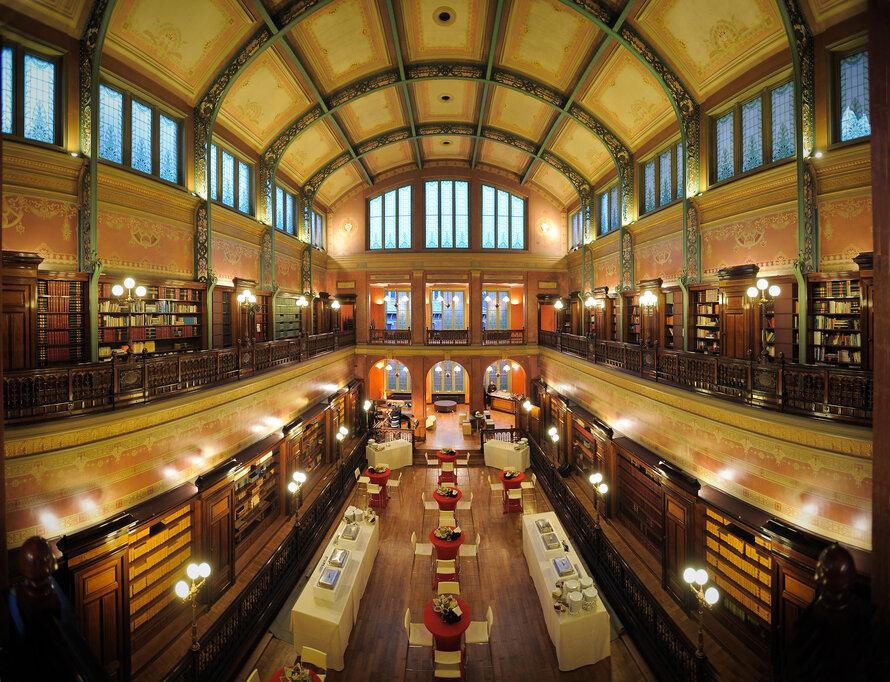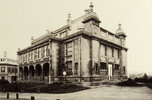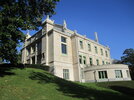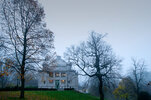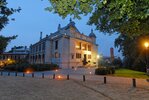The Solvay Institut of Sociology, Brussels
The Institut de Sociologie Solvay, more commonly known as “The Solvay library”, was designed in 1902 by architects Constant Bosmans and Henri Vandeveld to accommodate the Institute of Sociology at an initial stage, and the Publishing Services of the Université Libre de Bruxelles ...
Read more
Project details
Description:
The Institut de Sociologie Solvay, more commonly known as “The Solvay library”, was designed in 1902 by architects Constant Bosmans and Henri Vandeveld to accommodate the Institute of Sociology at an initial stage, and the Publishing Services of the Université Libre de Bruxelles after 1960. After suffering from several alterations and additions, the building became unsuitable for the scope of activity of the institute and the publishing services and was therefore unoccupied and abandoned in 1981. It was then subjected to numerous acts of vandalism, leaving it in a state that endangered the possibility of a restoration.
Similar projects
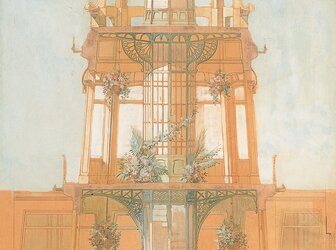
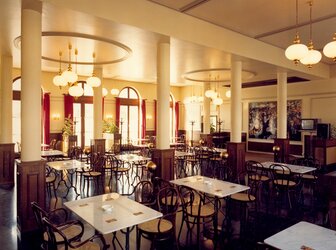
19th century
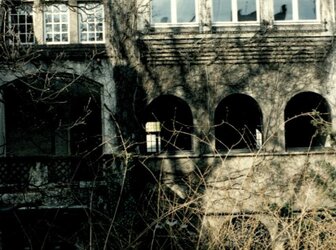
1925
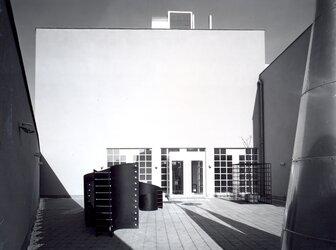
19th-20th century
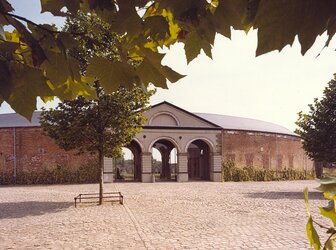
19th century

19th century
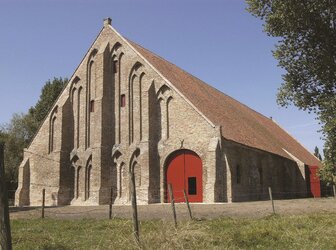
13th century
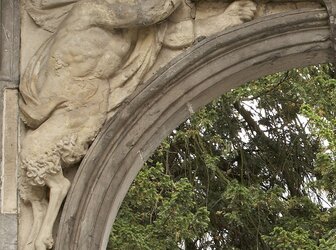
Early 17th century
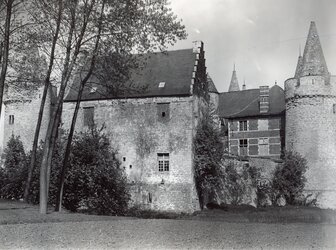
12th century
16th century
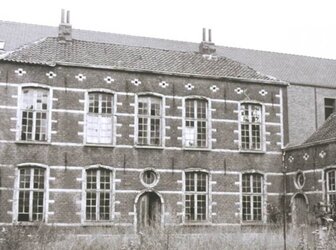
19th century
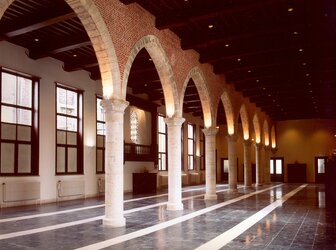
13th century
